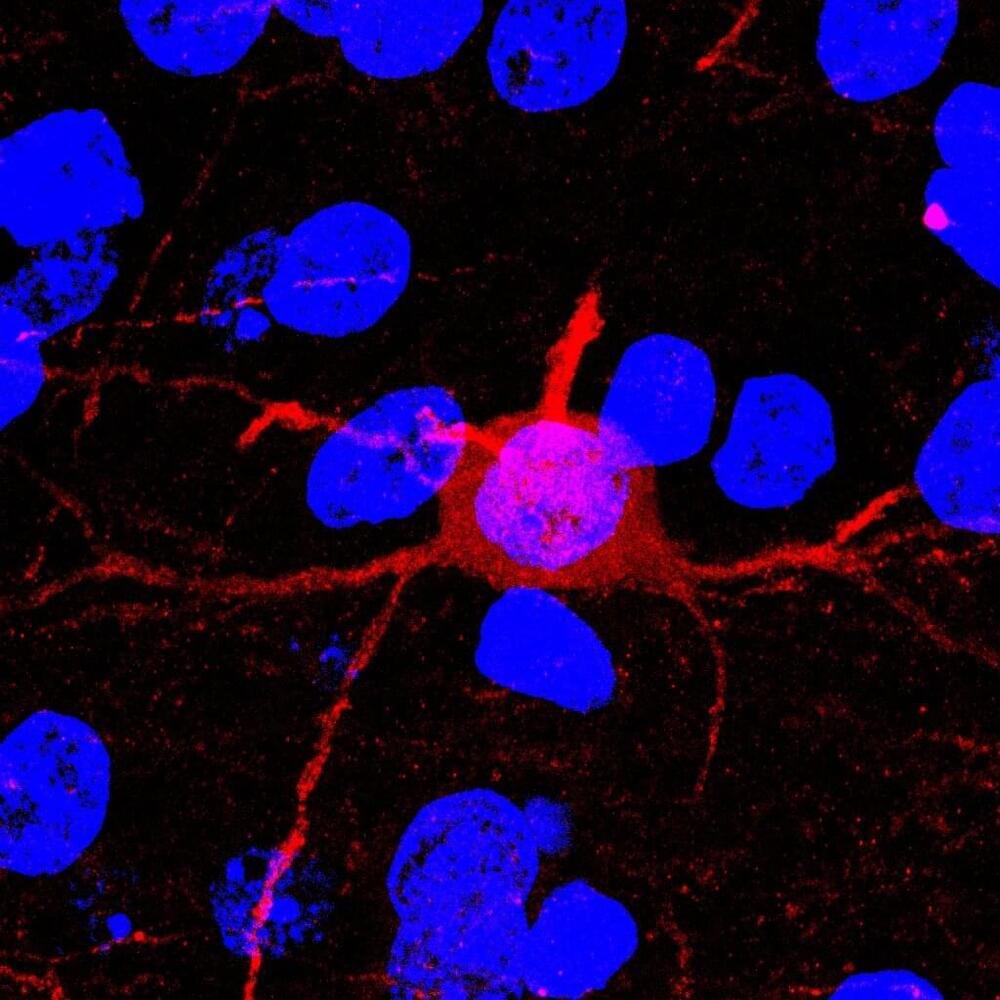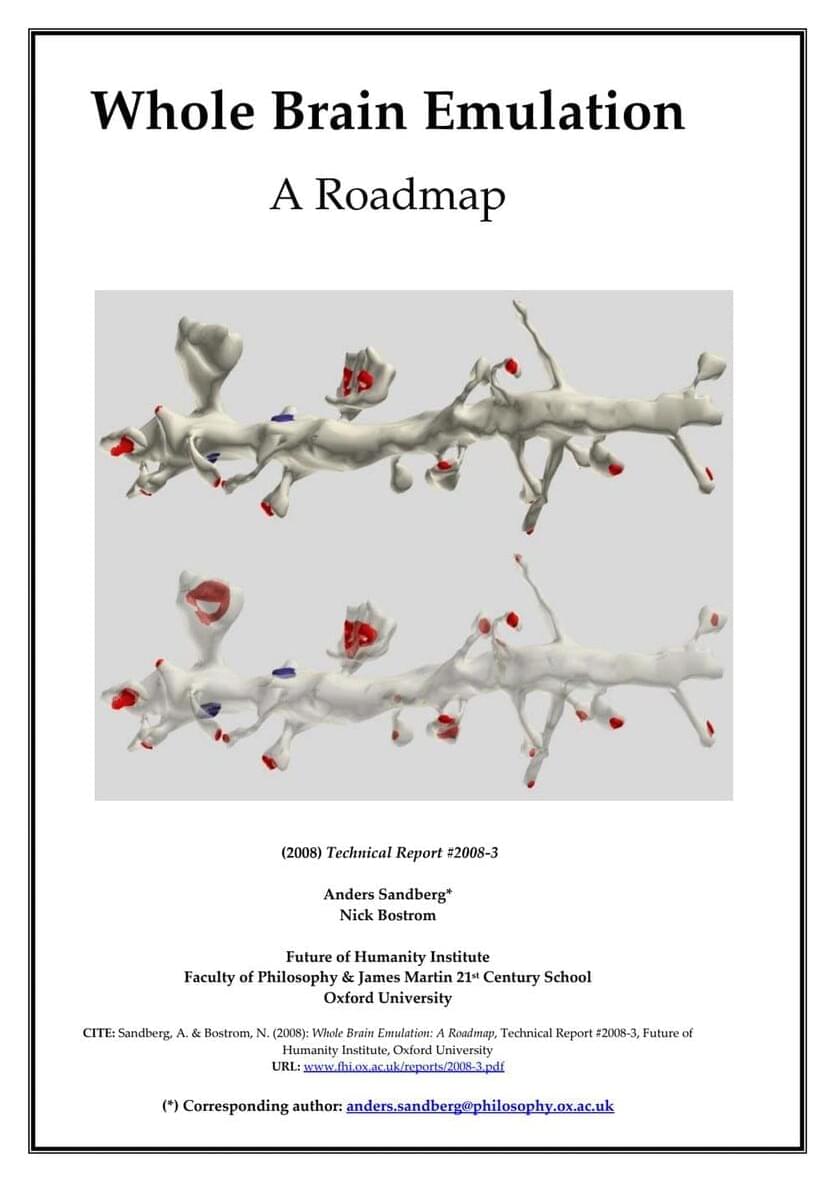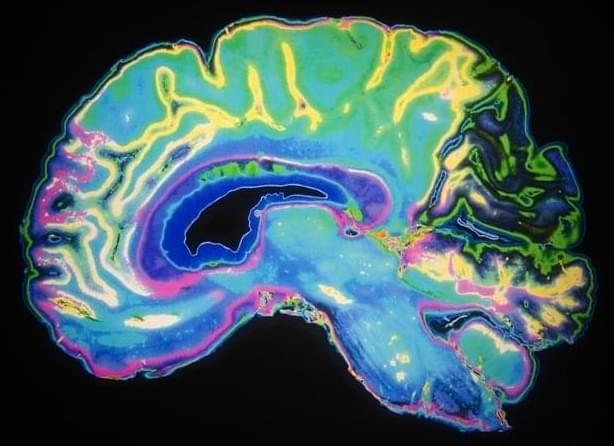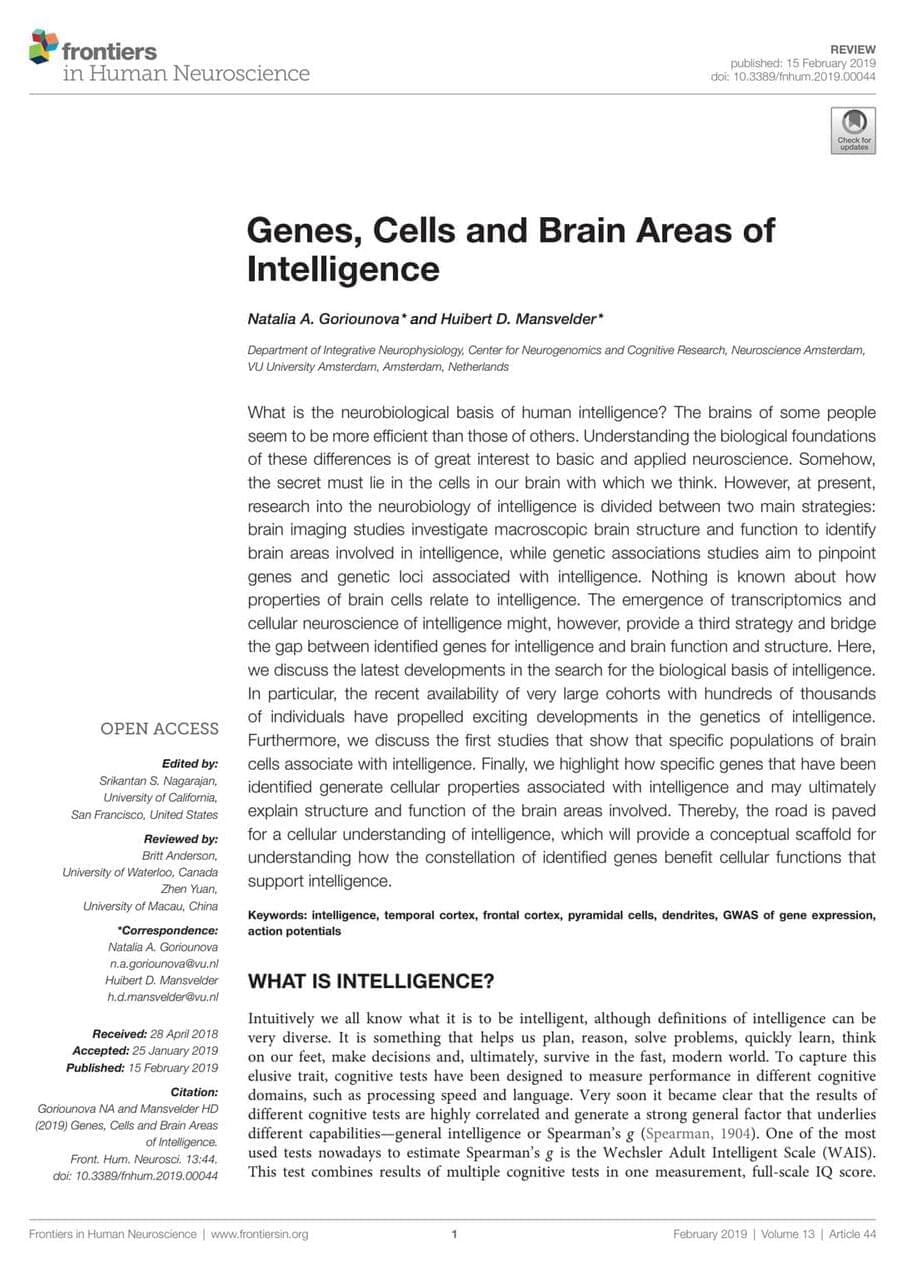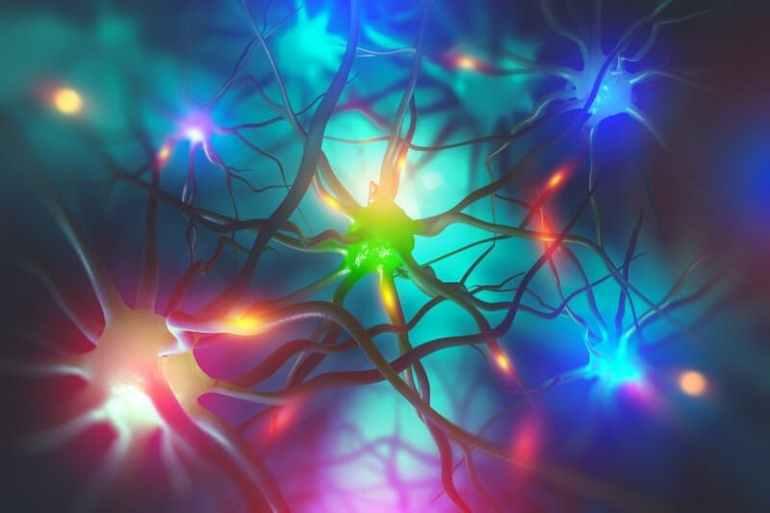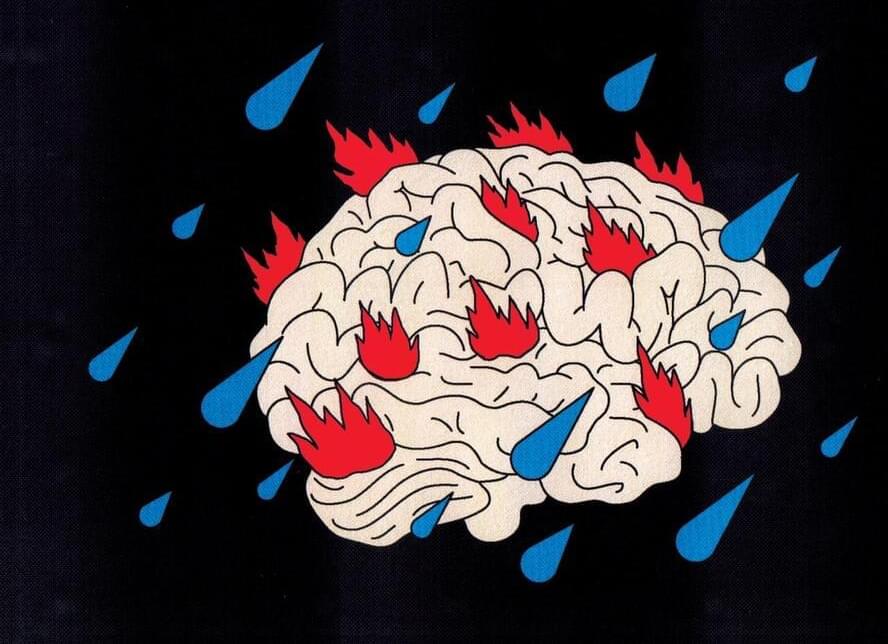Dr. Tamar Gutnick, first author and former postdoctoral researcher in the Physics and Biology Unit at the Okinawa Institute of Science and Technology (OIST), said, “If we want to understand how the brain works, octopuses are the perfect animal to study as a comparison to mammals. They have a large brain, an amazingly unique body, and advanced cognitive abilities that have developed completely differently from those of vertebrates.”
“Octopuses have eight powerful and ultra-flexible arms, which can reach anywhere on their body. If we tried to attach wires to them, they would immediately rip it off, so we needed to get the equipment out of their reach by placing it under their skin.”
Scientists settled on small and lightweight data loggers as the solution, initially designed to track the brain activity of birds during flight. The team modified the devices to be waterproof and compact enough to slip inside the octopuses easily. Up to 12 hours of continuous recording were possible with the batteries, which had to operate in a low-air condition.

